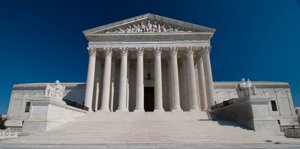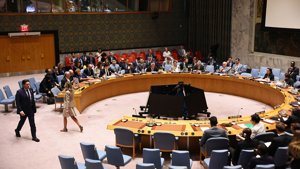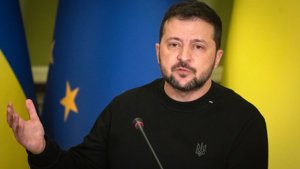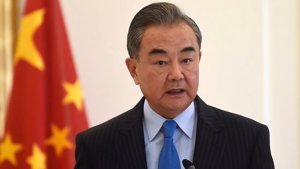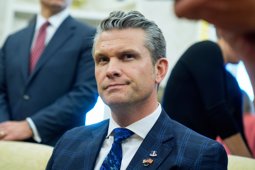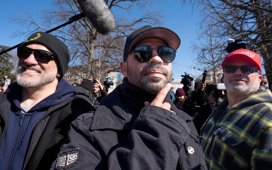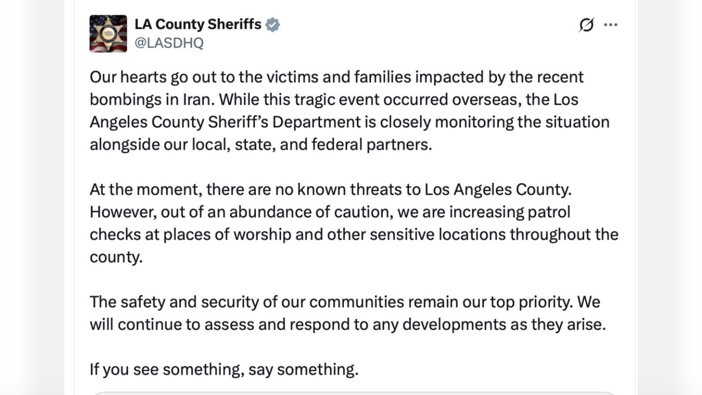
LA Sheriff Retracts Iran Strike Post, GOP Pushes Protest Crackdown
LA County Sheriff’s Department withdraws Iran strike condolences post; GOP senators push bill to federally criminalize traffic-blocking protests.
LA Sheriff’s Department Faces Backlash Over Iran Strike Statement
The Los Angeles County Sheriff’s Department faced immediate scrutiny after posting and then retracting an online message expressing condolences for victims of recent US airstrikes on Iranian nuclear sites. The post, shared Sunday on X, read: “Our hearts go out to the victims and families impacted by the recent bombings in Iran.” The statement continued that the department was “closely monitoring the situation alongside our local, state and federal partners.”
The message was soon amended to remove any reference to US military action and ultimately deleted. The department did not confirm if there had been casualties from the targeted bombings, but the unusual expression of sympathy for a successful US military operation sparked confusion and speculation. An anti-hate watchdog group questioned whether the department’s account had been compromised, writing, “We sincerely hope your account was hacked... Please verify this post was not posted by an employee of the LA County Sheriff’s HQ.”
Despite the confusion, officials confirmed the strikes were part of Operation Midnight Hammer, targeting Fordow, Natanz, and Isfahan—key sites in Iran’s nuclear program. According to Joint Chiefs of Staff Gen. Dan Caine, B-2 bombers launched from the US maintained surprise throughout the operation. Iranian officials were still assessing the scale of damage, while the Trump administration called the mission a success that has degraded Iran’s ability to develop a nuclear weapon.
GOP Lawmakers Seek Federal Penalties for Protesters Blocking Roads
As tensions over the strikes reverberated across the country, a separate controversy took hold in Los Angeles and other US cities. In response to recent riots and protests—including anti-ICE demonstrations that blocked highways and trapped drivers—Republican senators are introducing legislation to make it a federal crime to intentionally block traffic during protests.
Senator Thom Tillis of North Carolina announced the “Safe and Open Streets Act,” aimed at cracking down on activists using traffic disruptions as a protest tactic. “The emerging tactic of radical protesters blocking roads and stopping commerce is not only obnoxious to innocent commuters, but it’s also dangerous and will eventually get people killed. It needs to be a crime throughout the country,” Tillis said. Under the bill, violators could face fines or up to five years in prison.
Fellow senators including Ted Budd, Marsha Blackburn, Tommy Tuberville, and Bill Cassidy have voiced support, emphasizing that emergency personnel and ordinary citizens are endangered by blockades. “The First Amendment protects the right to assemble and protest peacefully, but it does not permit such behavior,” Budd stated, while Blackburn noted that “lawlessness...should not be tolerated.”
Recent footage from Los Angeles showed rioters blocking expressways and city streets, sometimes violently clashing with officers. Although California law already prohibits willfully obstructing public movement, enforcement has been rare during mass protests. The new bill seeks to set a uniform national standard.
Political Fallout and the Path Forward
Senator Tuberville blamed state and local officials, including California Governor Gavin Newsom and LA Mayor Karen Bass, for failing to act until federal intervention. “Domestic terrorists assaulted ICE and law enforcement officers, set fire to cop cars and blocked the streets, all while Gavin Newsom and Karen Bass sat on their tails and did nothing,” Tuberville remarked. He cited the unrest as evidence that unchecked protest tactics undermine public safety and order.
As debate continues over the balance between civil liberties and public safety, both the sheriff’s department’s social media misstep and the federal crackdown on protest tactics highlight the national divide on security, free expression, and law enforcement’s role during times of unrest. The coming weeks may see further legislative and political responses as both sides seek to define the boundaries of protest and accountability in America’s largest cities.

